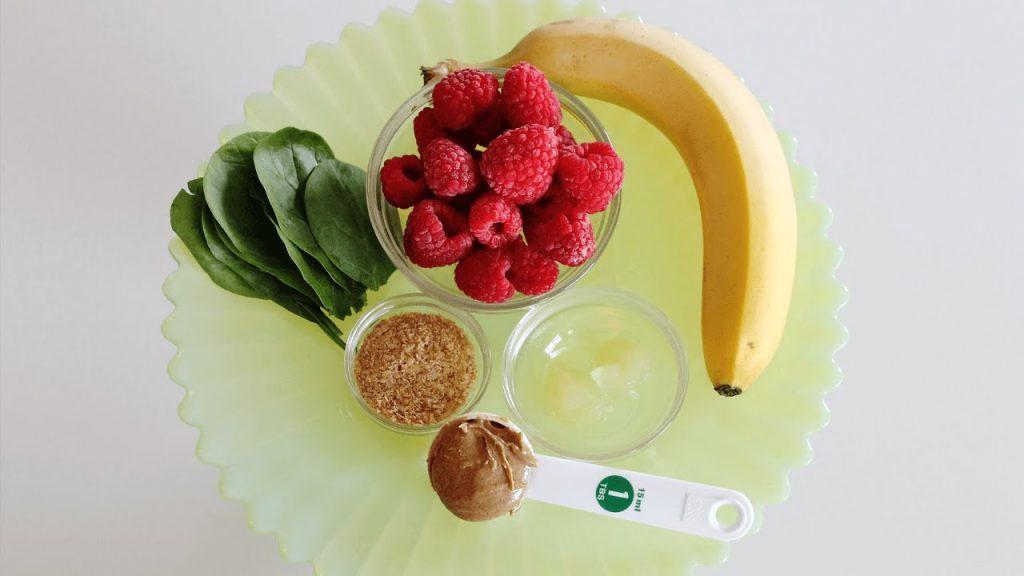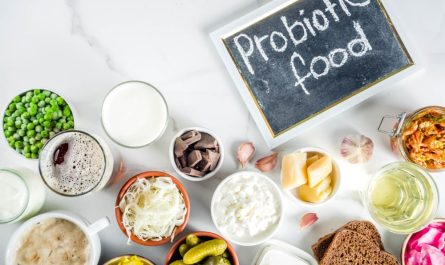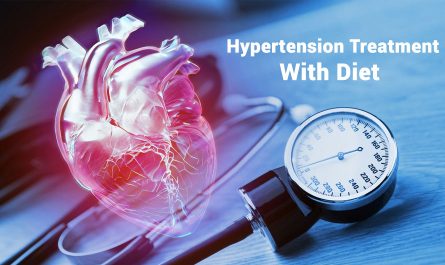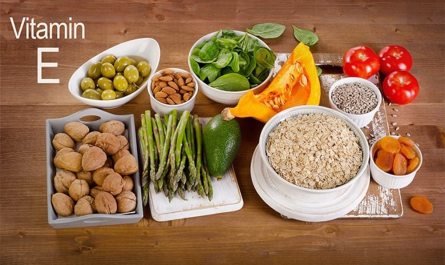Introduction:
Gallbladder stones, also known as gallstones, can be a painful and inconvenient condition affecting millions worldwide. While medical interventions such as surgery may be necessary in severe cases, adopting a gallbladder stones diet can play a significant part in managing symptoms and preventing complications. Let us understand the essentials of a gallbladder stones diet, including foods to eat, foods to avoid, and practical tips for maintaining a healthy lifestyle.
Understanding Gallbladder Stones:
Gallstones are hardened deposits that form in the gallbladder. They can vary in size and composition, with some being as small as a grain of sand while others are as large as a golf ball. Gallstones can be cholesterol stones, pigment stones, or a combination of both, and they may cause symptoms like abdominal pain, nausea, vomiting, and jaundice.
The Role of Diet in Gallbladder Health:

While diet alone may not be the sole cause of gallstones, it can significantly influence their formation and progression. Certain dietary factors, such as high levels of cholesterol and fat, can contribute to gallstone formation by affecting bile composition and gallbladder function. Conversely, adopting a balanced diet rich in nutrients and low in unhealthy fats can help prevent the development of gallstones and alleviate symptoms in those already affected.
Foods to Eat:
- Add lots of fruits, vegetables, whole grains, and legumes to your diet. Fiber helps regulate digestion and may help prevent gallstone formation by aiding in weight management and promoting healthy cholesterol levels.
- Go for lean sources of protein such as poultry, fish, tofu, and legumes. These options can help support gallbladder health.
- Choose unsaturated fats sources such as olive oil, avocado, nuts, and seeds. These fats are beneficial for heart health and may help lower the risk of gallstone formation.
- Include calcium-rich foods such as low-fat dairy products, leafy greens, and fortified foods. Calcium may bind to cholesterol in the bile, potentially reducing the risk of gallstones.
- Drink plenty of water and stay hydrated.
Foods to Avoid:
- Limit your intake of saturated fats present in red meat, fried foods, processed snacks, and high-fat dairy products. Avoid trans fats commonly found in commercially baked goods and processed foods.
- Lower the intake of refined carbohydrates such as white bread, white rice, sugary snacks, and desserts.
- Avoid greasy, fried foods and heavy sauces or gravies, as they can exacerbate symptoms and trigger gallbladder attacks.
- Lower your consumption of caffeine and alcohol, as they can irritate the gallbladder and exacerbate symptoms in some individuals.
- Avoid crash diets or rapid weight loss regimens, as they can increase the risk of gallstone formation due to changes in bile composition and metabolism.
Conclusion:
Adopting a gallbladder stones diet centered around whole, nutrient-rich foods while minimizing intake of unhealthy fats and refined carbohydrates can help support gallbladder health and alleviate symptoms associated with gallstones. By making informed dietary choices and incorporating practical lifestyle habits, you can take proactive steps toward managing your condition and improving your overall well-being.



